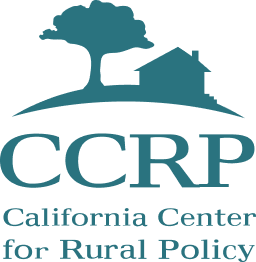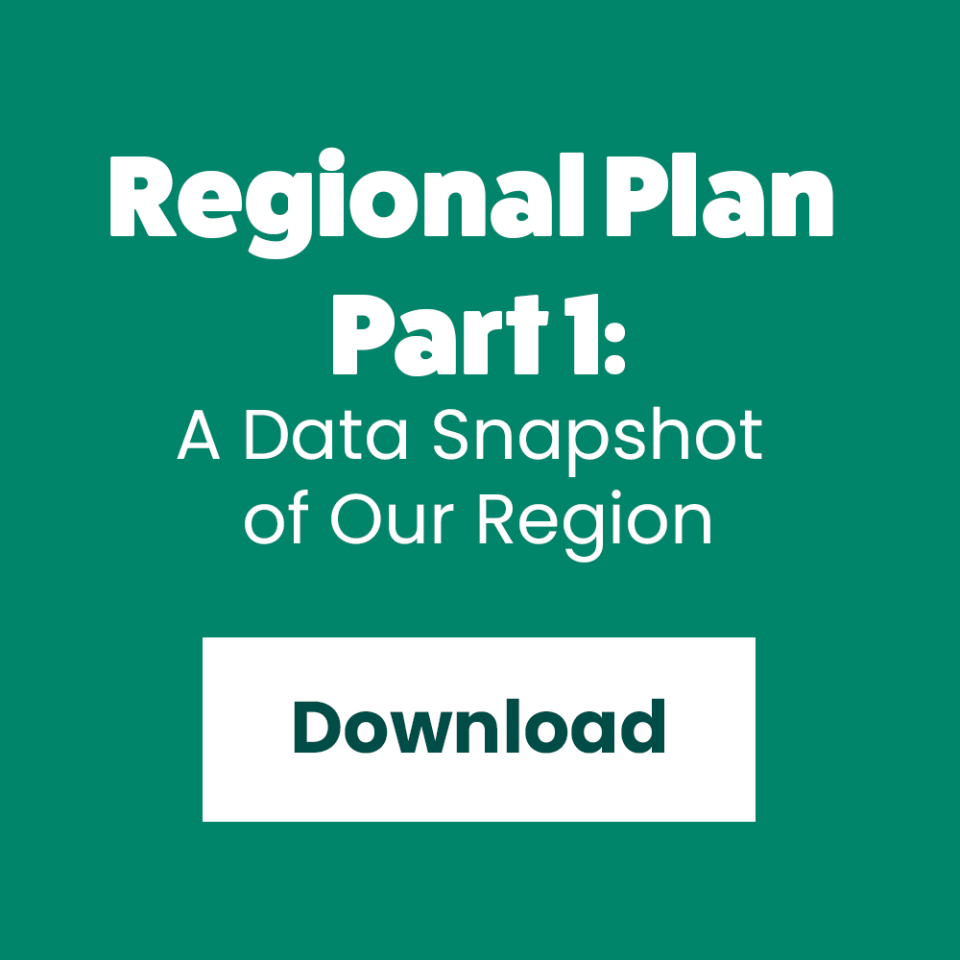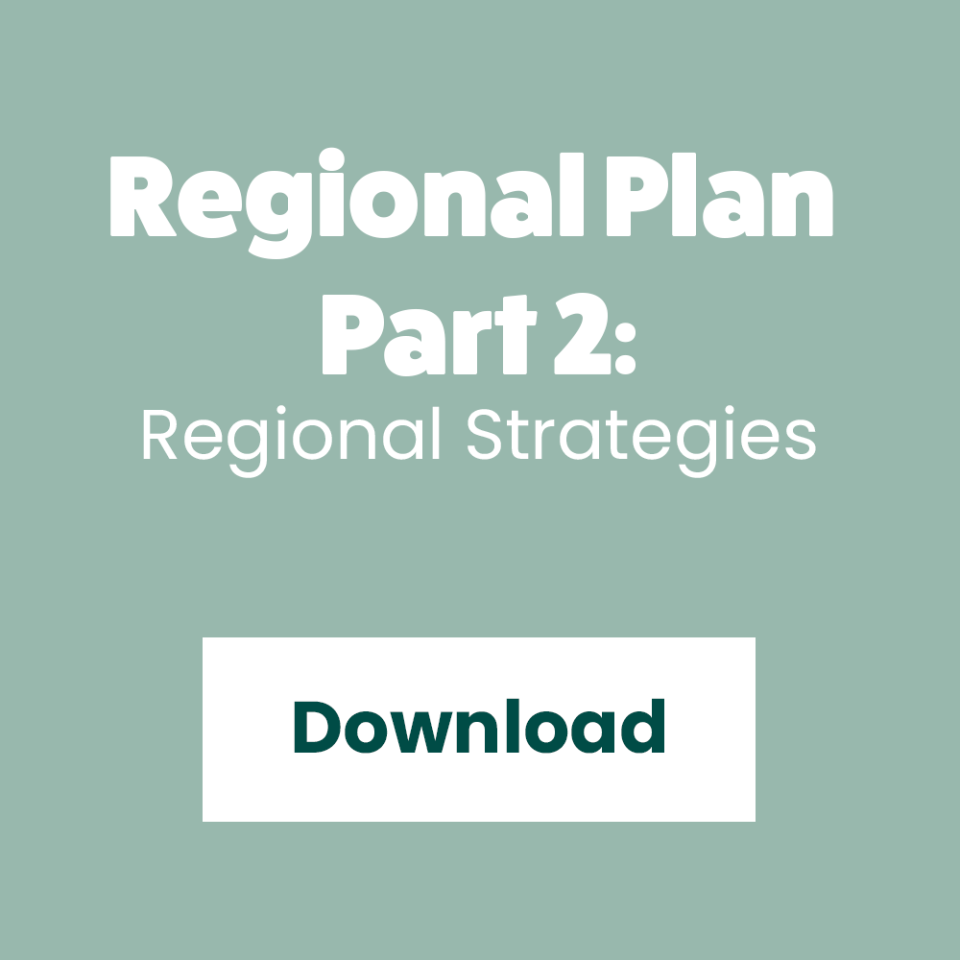Our Roadmap to Resilience
Redwood Region RISE has developed and is currently implementing a 10-year "Regional Roadmap" for Tribal Lands and Del Norte, Humboldt, Lake, and Mendocino Counties. Our Roadmap—federally approved as Comprehensive Economic Development Strategies (CEDS) and recently revised—consists of two interconnected parts:
- Regional Plan Part 1 A baseline snapshot of the current economic state
- Regional Plan Part 2 Strategies for equitable and sustainable growth
Download our Roadmap's Summary Booklet
Revised Regional Roadmap: Overview of Public Comment Incorporated
Watch the video below to get a sense of our Regional Roadmap:
Our Roadmap: Ten Interconnected Investment Areas
Through our Regional Roadmap's comprehensive approach, RISE aims to foster a resilient, thriving Redwood Region that balances natural resources with innovation, ensuring holistic regional development. We envision our region a healing place where everyone belongs, with stable jobs, accessible healthcare, and a flourishing natural environment. Through collective effort, the initiative strives to build a future where anyone can thrive, transforming the region into a model of sustainable and inclusive growth.
Key Sectors:
- Arts, Culture, and Tourism: Resource sharing, creative placemaking, and inclusive strategies.
- Health and Caregiving: Workforce pipelines, telehealth expansion, and equity-driven health initiatives.
- Renewable and Resilient Energy: Workforce training, community microgrids, and clean energy hubs.
- Working Lands and Blue Economy: Market integration and expansion, disaster resilience, and local enterprise support, policy advocacy, and ocean research.
Key Enablers:
- Broadband: Form a regional coalition, implement a “dig once” policy, explore innovative connectivity solutions, establish a digital equity fund, and promote public-private partnerships for broadband expansion.
- Entrepreneurship: Build an entrepreneurial culture, enhance education, improve support infrastructure, and increase access to capital and resources for entrepreneurs.
- Food Security and Access: Expand food supply chains, reduce cultural food insecurity, advocate policies, and develop community-owned food outlets and institutional purchasing partnerships like food-as-medicine programs.
- Housing: Create a Comprehensive Rural Housing Policy addressing barriers, reducing costs, rehabilitating homes, and expanding affordable housing options for all income levels.
- Infrastructure and Transportation: Enhance connectivity, safety, and walkability; optimize supply chains with infrastructure upgrades and resource sharing; and develop disaster-resilient energy and mobility hubs.
- Workforce Development: Align rural training resources, adopt “grow your own” workforce approaches, and strengthen regional partnerships to advance workforce readiness and skills for thriving careers.
More About RRRISE
Explore Our Research
The California Center for Rural Policy (CCRP) is dedicated to improving rural lives through research that connects with communities. We identify areas of inequality to help inform fairer policies, and we seek to understand how people's health is affected by their environment, family situation, economic status, and available services.


